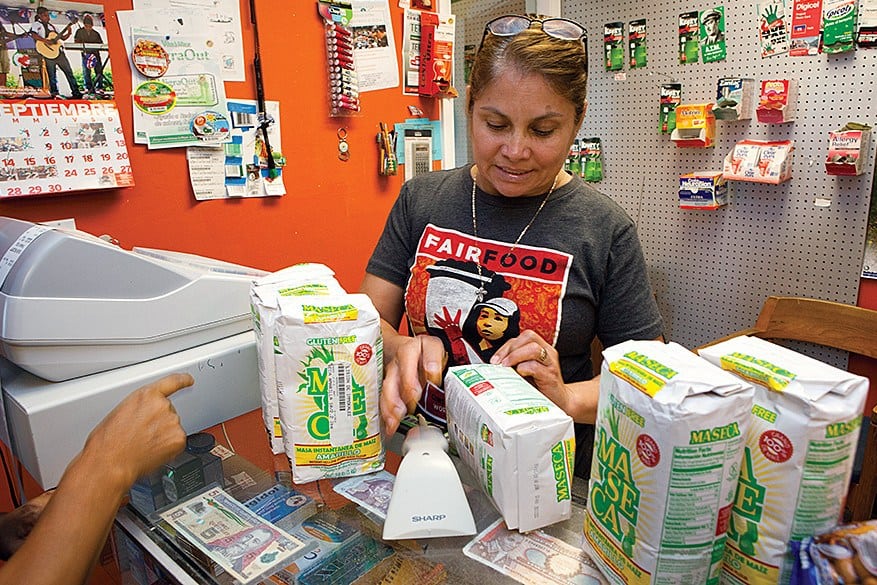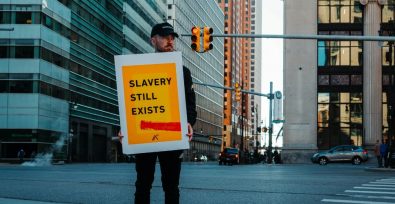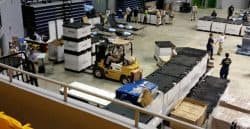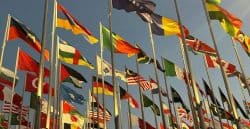This article begs the question: Do you consider the back story of what you buy? The global market has brought distant products to our local stores, thus we must be more vigilant that the supply chains are free of slavery and abuse…
Just recently we have started learning to be mindful of the origin of the shrimp or tomatoes or shirts we buy. We are not shocked by tags that read made in Vietnam, Jordan, etc. We now are encouraged to ask ourselves whether or not the farmer or the plantation worker or the woman peeling the shrimp were paid a fair wage. This article asks furthermore, if they were actually sold into bondage and forced to produce those goods? The read the entire story, click the article’s link below.







Freedom United is interested in hearing from our community and welcomes relevant, informed comments, advice, and insights that advance the conversation around our campaigns and advocacy. We value inclusivity and respect within our community. To be approved, your comments should be civil.